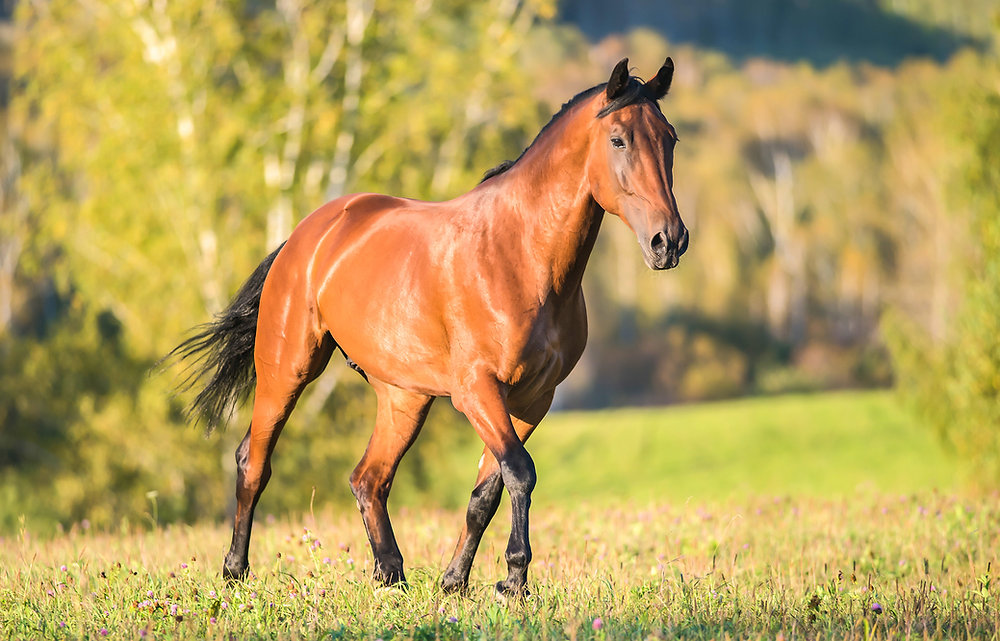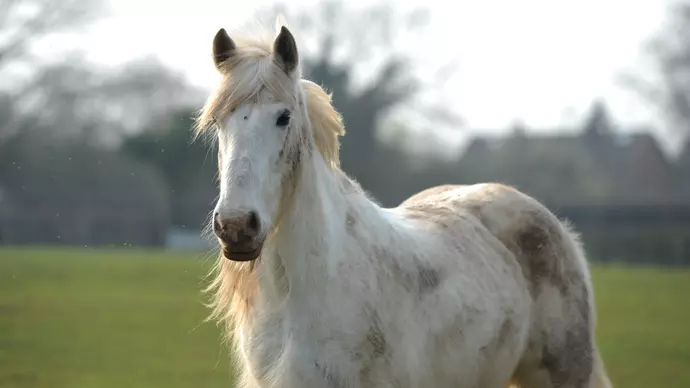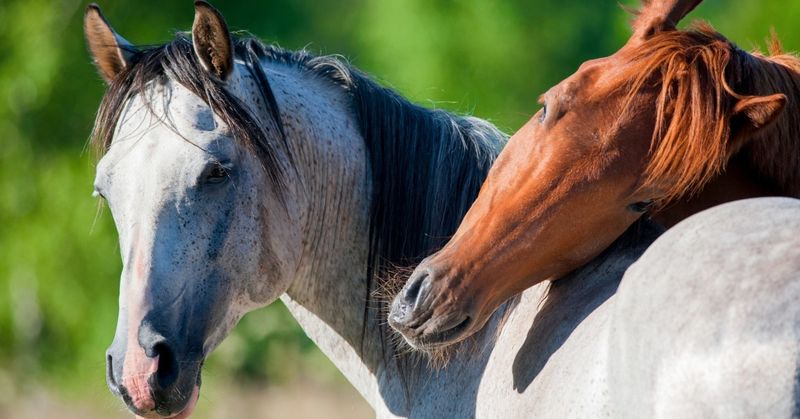Understanding the respiratory behavior of horses can provide valuable insights into their emotional state. This article will delve into the complex relationship between equine respiration and emotions, offering a comprehensive guide for horse owners and enthusiasts.
Interpreting Equine Respiration
Observing how your horse breathes can be an effective way to gauge its emotional state. For instance, rapid breathing may indicate stress or fear, while relaxed breathing is often a sign of calmness and contentment. It’s essential to consider other factors such as physical exertion and environmental conditions when interpreting these signs.
The Connection Between Breathing and Emotions
Research has shown a strong correlation between a horse’s respiratory patterns and its emotional state. This is because the autonomic nervous system, which controls breathing, is also responsible for emotional responses. By understanding this connection, horse owners can better interpret their horse’s behavior and provide appropriate care.
For more information on equine behaviour, you can visit this comprehensive guide.
How to Support Your Horse’s Emotional Health
Understanding your horse’s respiratory patterns is just one aspect of supporting its emotional health. Regular exercise, a balanced diet, and a calm, stable environment are also crucial. Moreover, it’s important to respond appropriately to signs of stress or discomfort, which can help build trust and strengthen your bond with your horse.
Remember, taking care of your horse’s physical health is also essential for its emotional wellbeing. You can treat hooves right and ensure your partner’s health with the right products and care.










